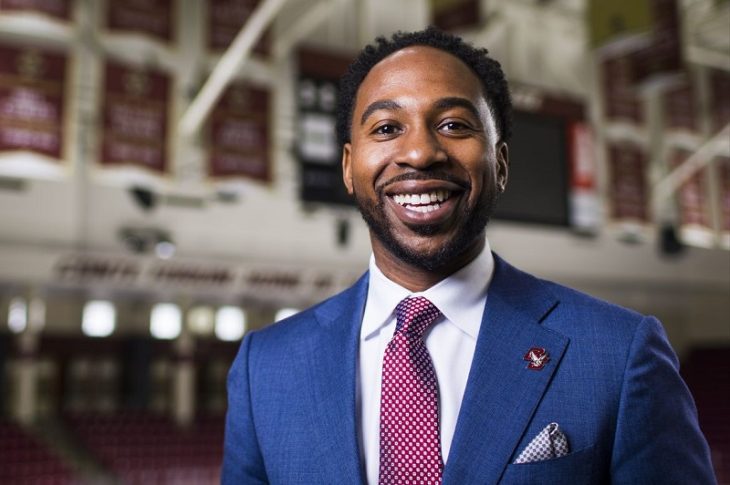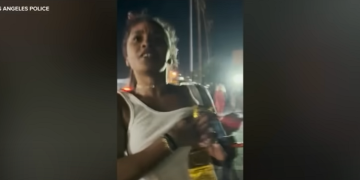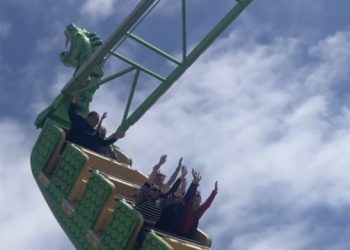
Attorneys for the suspect charged in a deadly shooting spree at Los Angeles International Airport plan to argue the government should be prohibited from seeking a death sentence on the grounds that it is “unconstitutional,” according to court documents obtained Tuesday by City News Service.
Defense filings have already signaled that lawyers for Paul Anthony Ciancia will raise mental health issues in an effort to save their client from execution.
In the new document, federal public defenders state that they plan to present arguments that the death penalty “fails to require the government to prove beyond a reasonable doubt that death is the appropriate punishment and fails to require the grand jury to find that there is probable cause to believe that death is the appropriate punishment.”
A spokesman for the U.S. Attorney’s Office had no immediate comment.
Ciancia, 25, could be executed if he is convicted of killing federal Transportation Security Administration Officer Gerardo Hernandez during the Nov. 1, 2013, attack at LAX that also left three other people wounded — two other TSA workers and one traveler.
Previous defense filings have mentioned a psychiatrist visiting the defendant at the federal detention facility where he is incarcerated, and his attorneys also raised the specter of a mental health defense at a February court hearing.
At the request of prosecutors, U.S. District Judge Philip S. Gutierrez recently set an August deadline for Ciancia’s defense team to show “an intent to introduce expert evidence relating to a mental disease or defect or any other mental condition of the defendant bearing on either the issue of guilt or the issue of punishment.”
Earlier this month, Gutierrez ordered that the notice should include the identity of defense experts, his/her qualifications, and a description of the testing that has been or will be performed.
Authorities allege Ciancia — a New Jersey native who was living in Los Angeles — walked into the Terminal 3 and opened fire with a semiautomatic rifle.
Three charges in the 11-count indictment against Ciancia carry the potential for a death sentence: murder of a federal officer, use of a firearm that led to the murder and committing an act of violence in an international airport.
Prosecutors allege that Ciancia planned the attack “knowing that the act created a grave risk of death to a person,” and Hernandez “died as a direct result of the act.”
Ciancia allegedly shot Hernandez with the assault rifle at a lower-level LAX passenger check-in station in Terminal and began walking upstairs, but he returned when he realized Hernandez was still alive and shot him again.
The 39-year-old father of two was the first TSA agent killed in the line of duty since the agency was created in the wake of the Sept. 11, 2001, terrorist attacks.
In addition to first-degree murder, the indictment charges Ciancia with two counts of attempted murder for the shootings of TSA officers Tony Grigsby and James Speer. Brian Ludmer, a Calabasas teacher, was also wounded.
Ciancia is also charged with committing acts of violence at an international airport, one count of using a firearm to commit murder and three counts of brandishing and discharging a firearm.
Jury selection is set to start on Jan. 25, with interviews to begin about a month later for death-qualified potential jurors.
During the shooting spree, Ciancia was allegedly carrying dozens of rounds of ammunition, along with a handwritten, signed note saying he wanted to kill TSA agents and “instill fear in their traitorous minds.”
Witnesses to the shooting said the gunman asked them whether they worked for the TSA, and if they said no, he moved on.
Ciancia, who had been living in Sun Valley, was shot in the head and leg during a gun battle with airport police. He is jailed without bail at the downtown Metropolitan Detention Center.
Prosecutors told the judge last summer they had accumulated about 10,000 pages and 150 DVDs of discovery in the case, including material collected during a probe of Ciancia’s background in the small town of Pennsville, New Jersey, which they had presented to the defense.

























